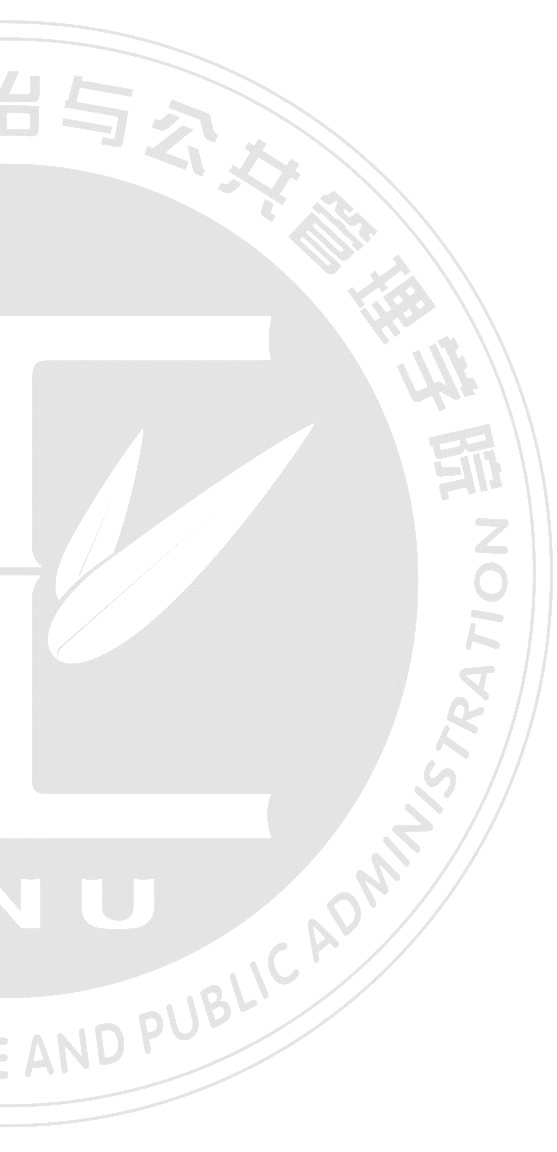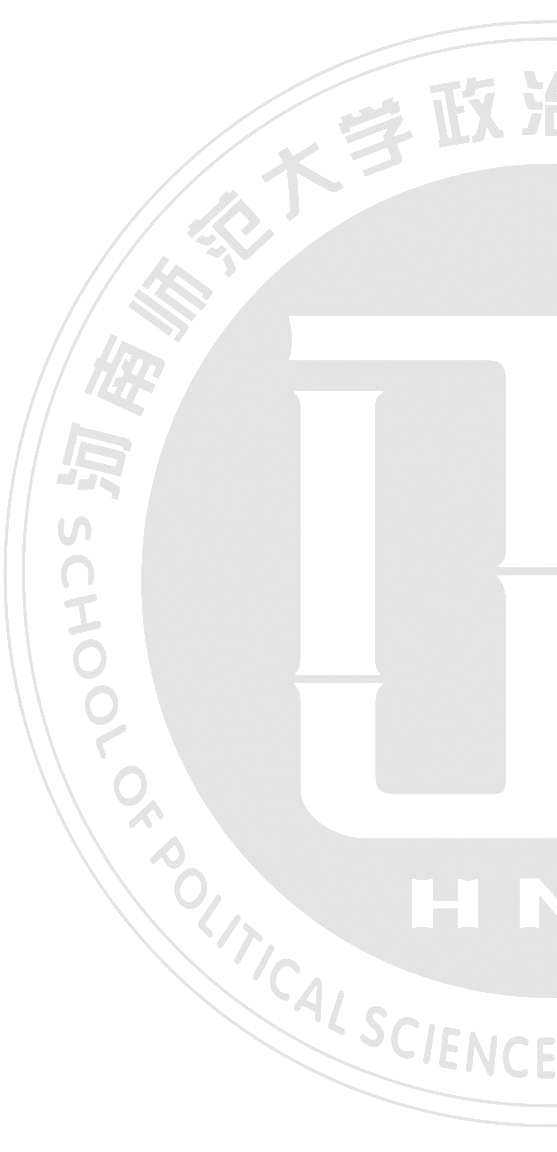Peer pressure and adolescent mobile social media addiction: Moderation analysis of self-esteem and self-concept
clarity
Xiaopan Xu 1 2, Wanqu Han 1 and Qingqi Liu 3,4*
1 Institute for Public Policy and Social Management Innovation, College of Political Science and Public Administration, Henan Normal University, Xinxiang, China, 2 School of Sociology, Central China Normal University, Wuhan, China, 3 College of Education for the Future, Beijing Normal University, Zhuhai,China, 4 School of Education, Guangzhou University, Guangzhou, China
Background: Social media addiction has increasingly been a critical social problem. We explored the association between peer pressure on mobile phone use and adolescent mobile social media addiction and tested whether self-esteem and self-concept clarity could buffer the effect of peer pressure.
Methods: 830 adolescents (Mage = 14.480, SDage = 1.789) participated in our anonymous cross-sectional questionnaire study.
Results: The results showed that peer pressure significantly predicted adolescent mobile social media addiction. Self-esteem moderated the effect of peer pressure on mobile social media addiction in that peer pressure had a weaker effect for adolescents with higher self-esteem. Self-concept clarity moderated the effect of peer pressure on mobile social media addiction in that peer pressure had a weaker effect for adolescents with higher self-esteem. The two moderators also interact in that the moderation of self-esteem was stronger for adolescents with higher self-concept clarity and the moderation of self-concept clarity for adolescents with higher self-esteem.
Conclusion: The results highlight the critical role of self-esteem and self-concept clarity in buffering the impact of peer pressure on mobile social media addiction. The findings promote a better understanding of how to buffer the undesirable effect of peer pressure and reduce the risk of mobile social media addiction among adolescents.
(政治与公共管理学院 李广宇)





